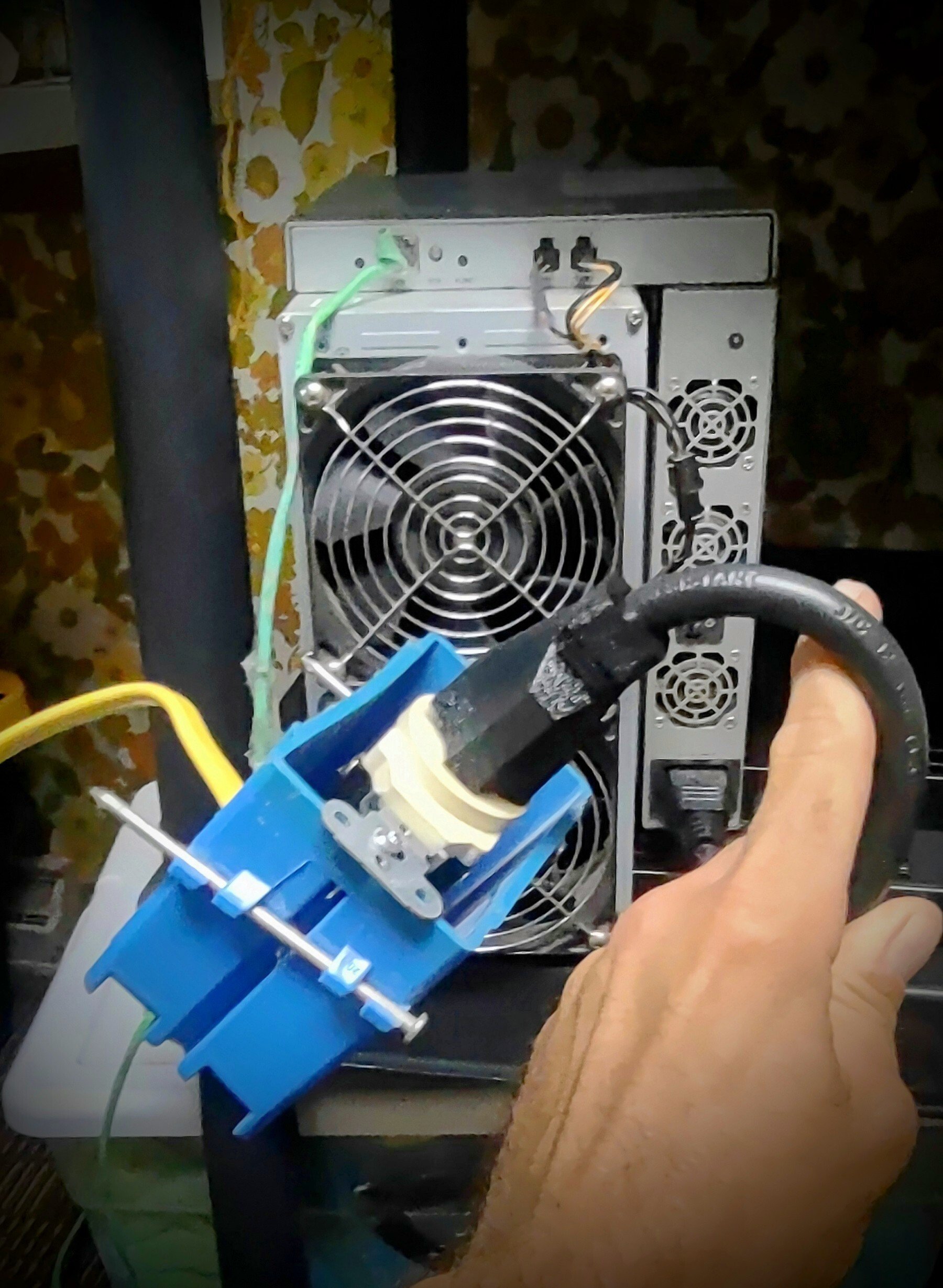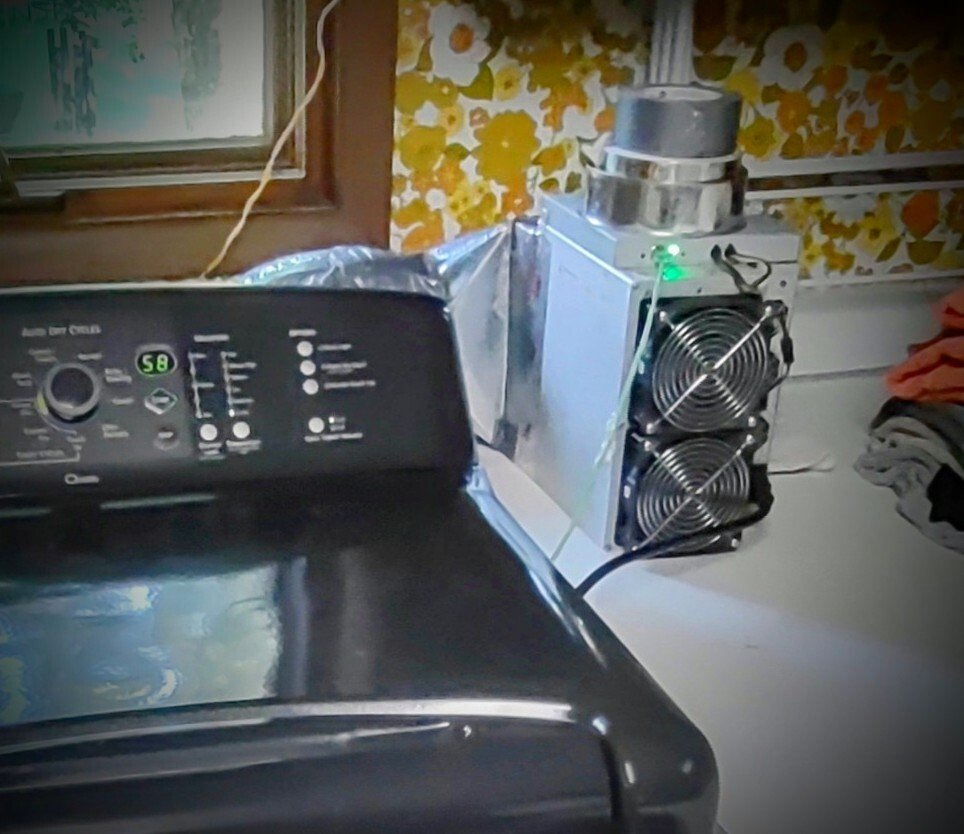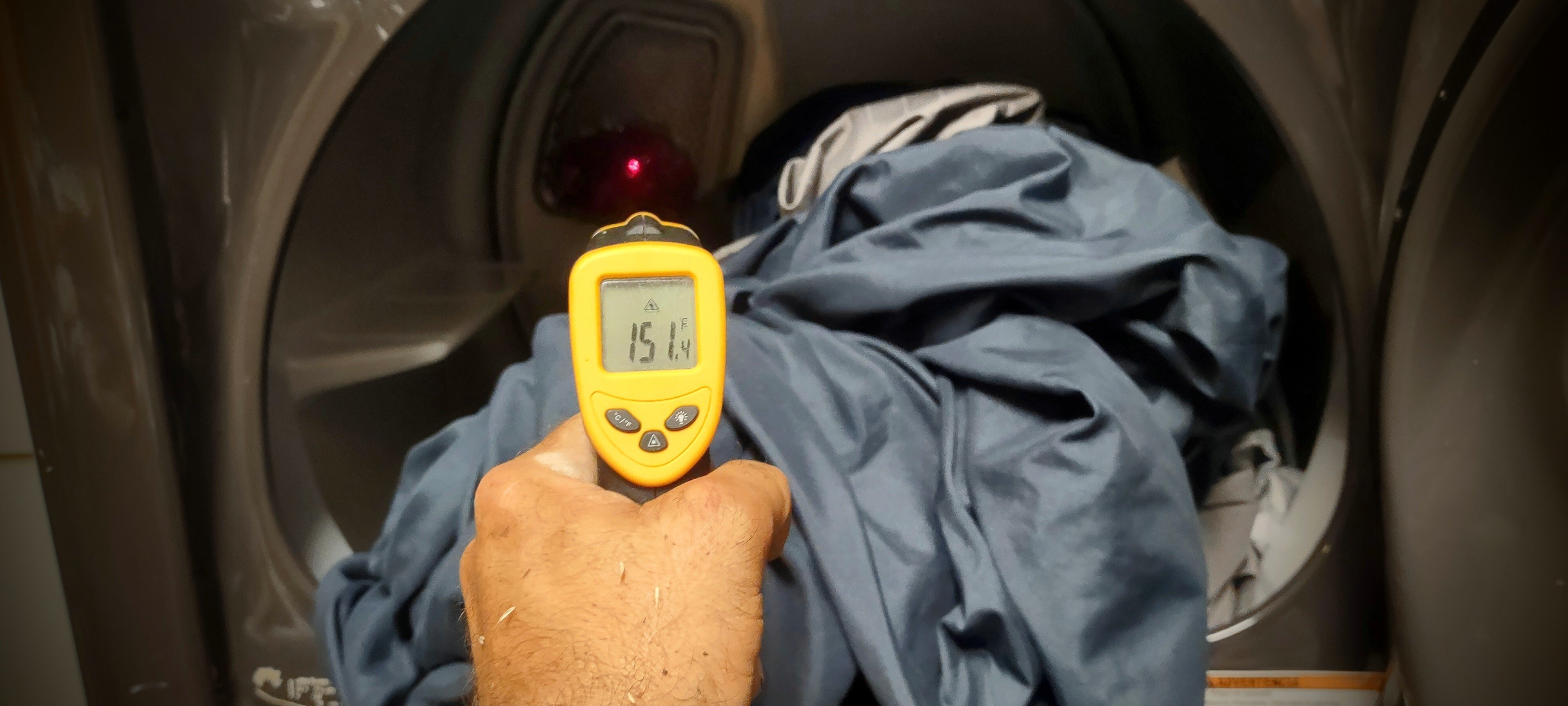
The most surface level yields from Bitcoin mining are the sats and the heat.

I mine with a FPPS pool which pays out sats proportional to the hash I contribute to the pool regardless if the pool finds a block or not. The FPPS pool structure is good for my situation because my hash is intermittent. My miners are only running when I need them to do work for me or when I have extra solar power.

The mining I do is transaction fee insurance because as the fees to transact on the network increase the amount of Bitcoin I mine increases proportionally. If I can't delay transactions until fees are more favorable the extra sats I'm earning from mining will subsidize the transactions I make during periods of high fees.
I don't think of the sats I earn from mining as free but more of a rebate on the cost of power usage from the work performed by my miners. Because I use an FPPS pool I don't need to expend extra energy in order to guarantee a payout. I get paid out proportionally to the hash I contribute at the time that I'm hashing. If I'm hashing I'm getting paid.
I hope this clears up some of your questions when comes to yield, transaction insurance, and payouts when it comes to mining at home. Once again I am working on a longer for note that will breakdown home mining yields through the lense of permaculture.
#homesteading #permaculture #permies #meshtadel #selfsovereignty #bitcoin #bitcoinmining #homemining #homeminer #plebminer
quotingCould you elaborate on what you mean by “yield” and “transaction fee insurance” for someone who is skeptical but open minded to home mining?
nevent1q…lgw7
I think when you say “yield”, you are referring to either newly issued bitcoin and/or transaction fees earned by a mined block. I also suspect “transaction fee insurance” may either refer to lowering the effective transaction fees one pays over their lifetime due to block rewards offsetting the costs, or just the fact that when you successfully mine a block that contains your transactions you effectively pay no transaction fees.
I think you are arguing that if a home miner makes use of energy sources that are already expended in their living space such as heaters then you can effectively get free bitcoin lotto tickets (ie chance to win block rewards). My concern is that to use such energy sources in a way that does not increase energy demands (significantly or at all) then the probability of successfully mining blocks will be too small to matter of a long period of time.
I want to be wrong, so I would love to hear your thoughts to why this is not the case.
